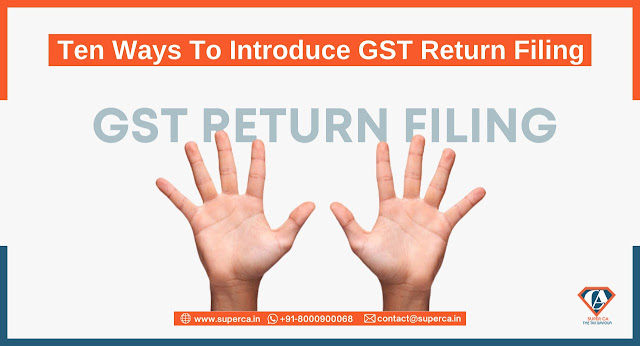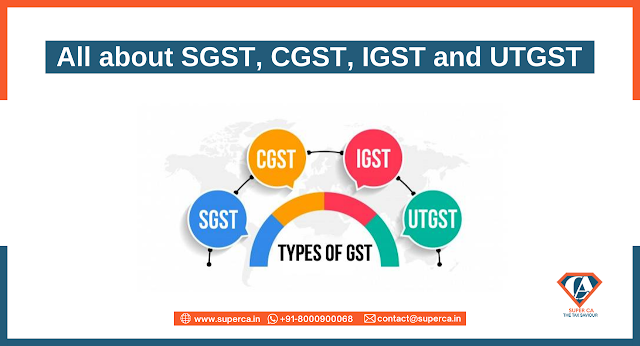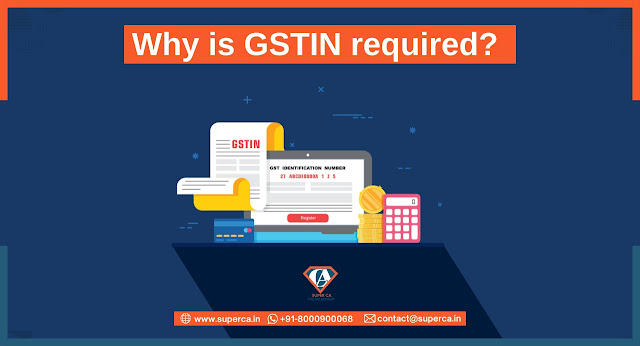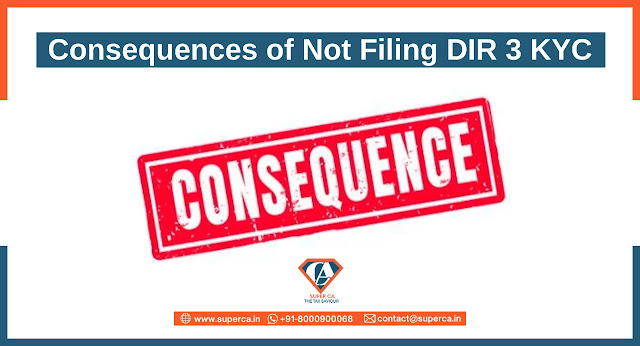The Ultimate Guide To Online GST Registration
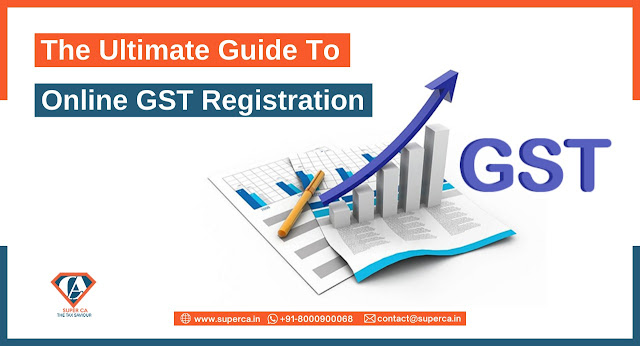
According to the rules, every person (including company, LLP etc) has to register under GST if the total turnover crosses Rs.20 lakh (Rs 10 lakhs for special category states present in hill states and North-Eastern states). Hence, if your turnover is more than 20 lakh or is going to be more than 20 lakh, then you should go for online GST registration . The registration process is completely online, hence no manual intervention or physical paper submissions is required. The online process is as simple as it may sound. It is normally completed within 4-6 working days and the supplier is allotted a 15-digit GSTIN (GST identification number) and a certificate of registration by the GST department. If the organizations fulfilling the eligibility criteria carry on business without registering with GST, it will be an offence under GST and heavy penalties will apply. GST Registration Fee For GST registration in India, there is no government fee. Anyone can get the GST registration ...
